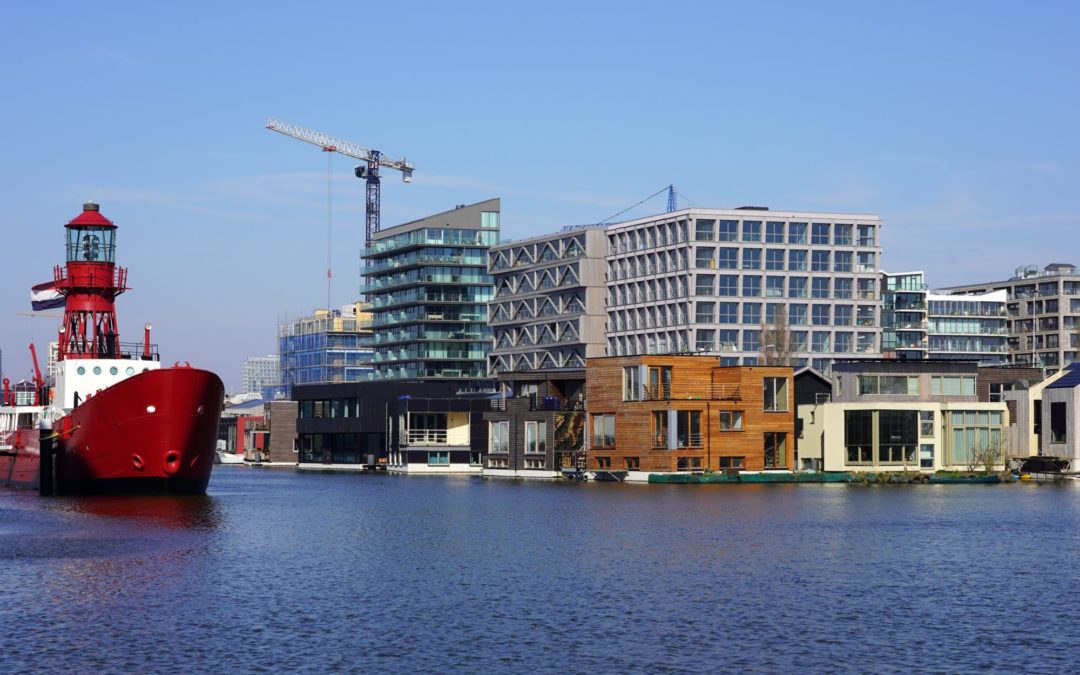On 1 July 2021, the 2nd Innovation Atelier meeting took place about the Energy Community in Amsterdam Buiksloterham. The first session of the 2nd Innovation Atelier, supervised by TNO, looked at the concept of energy communities from different angles with partners and invitees. The aim was to get all the visions and ideas about energy communities on the table and to investigate which questions should be studied.
ATELIER partner Spectral started the second session with a technical look at the energy community in the area. Their task is to technically develop the platform which is intended to facilitate the energy community. Depending on the needs and specificities of the energy community, certain functions and monitoring can be offered via the platform. After this, legal expert Job Swens explained the legal side of energy communities and the various EU guidelines which make these communities possible. These options also exist in Dutch law but there are also bottlenecks that need to be adjusted, for example, the double energy tax on stored power, supply by second suppliers and the fact that no distinction is made between sharing and mutual supply. Various types of energy communities have been explained by TNO, differences in the values of the communities (what is the goal of the participants of an energy community?), the activities (which activities do the communities undertake to achieve the goal) and the tools (which tools are used to support?). Finally, ATELIER partner Waag took the participants into the social side of energy communities, because the energy transition is not just a technological task. There are different people, needs and values and different behaviors. All values play a role in the discussion about what (energy) communities can mean for the energy transition. It is important to learn about the role energy communities can play so that they benefit both residents and society. Which organisational forms do we envision to come together with which interests? What are ways of data management and sharing of data?
As a follow-up, there are two in-depth sessions ahead of us:
• Session 1: How to facilitate top-down so that bottom-up initiatives can emerge and flourish?
• Session 2: What are the expectations and values of local end-users of the energy community?
The next session is expected to take place in autumn 2021.
